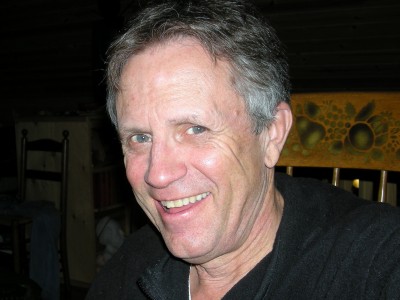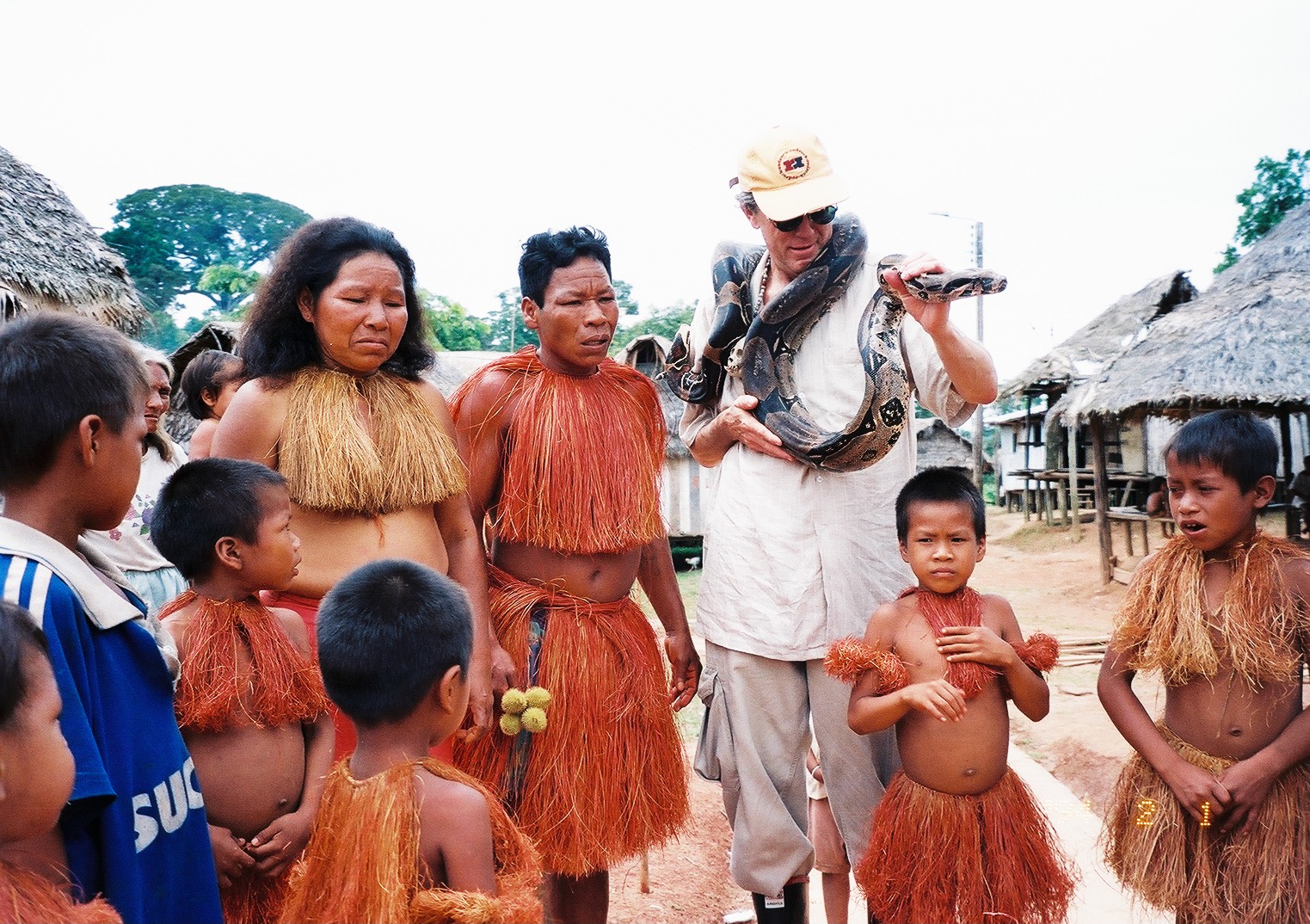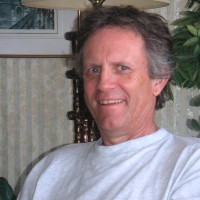As a younger man, did you ever envision yourself living an expat life?
Not really, but from my father I may have inherited an admiration of an intrepid expat of the day. My father kept me posted on Ernest Hemingway exploits with news bites like “Hemingway had another plane crash in Africa,” etc. so it always seemed like writing and traveling were linked to an adventurous way of life. Of course my lovely and talented wife (she may read this) is a Colombiana and she is the primary reason I became an expat.
How does spending a considerable amount of the year in Bogota, Colombia affect your writing work?
Great question. For sure it’s been a positive influence. I believe that grappling with a foreign language and immersion in a new culture can create neural pathways, which can’t hurt the writing process. Plus, the vibrancy of Colombia and its people are great energizers.
How did “Charles Darwin and the Dawn of Obesity in the Americas” come to you? Was it fully formed in your mind when you began writing it, or did you arrive at the full story after some revision?
I start a story with a rough outline in my mind and, yes, I certainly do make revisions. This tale grew out of discussions with my wife about how to live life to its fullest. I feel that the ideal lies somewhere between hedonism and asceticism. I don’t want to use the word “moderation” because it sounds so boring and might be hypocritical coming from someone who’s still guilty of boozy excess now and again. We have to learn to moderate our behavior or – like the Princess in the story – bad things will befall us.
We love the fairytale aspects of the piece, especially combined with the narrator’s Charles Darwin encounter. For us it is an “oil and vinegar” that somehow mixes and makes the story all the more fascinating.
Thank you. I’m not sure of the genre, perhaps it’s some type of hybrid of magical realism, fabulism, and alternate history? Also, the clichés and “telling” are quite thick in this tale, but to my ear the narrator’s voice was appropriate for this quirky story. I could be wrong.
Tell us about your first experiences with creative writing. What strategies helped you the most?
I took a writing class and the best advice was “In order to be a writer, you have to write. So, don’t procrastinate. Start writing!” I still didn’t rush out and start writing, but I finally heeded the advice.
Do you take part in writer’s groups or share your pre-published work with others for feedback?
Definitely! The input of readers and fellow writers is invaluable. The members of my writing group have been generous teachers and they are very much appreciated.
What about the snake?
Well, it’s a boa constrictor and it resides in an indigenous village about two hours by boat from Leticia, a bustling little Colombian town that is a popular jumping-off-point for Amazon trips. Leticia sits on the Tres Esquinas (Three Corners) – the watery confluence of Brazil, Peru, and Colombia. You can leave Leticia by boat, travel to Brazil and Peru and be back in Leticia inside of an hour. The first night, we boated to Peru and had a beer and then across river again to a market in Brazil where we bought a river rat and brought it back to the hotel cook who cooked it for dinner. It was very good.
What are you working on at the moment? Do you have any certain schedule, or any set goals, for submitting/publishing your work?
Unfortunately, I’m quite undisciplined and a tad lazy too, so I write in fits and spurts. The bulk of my writing is done in Bogota where I have more time. At the moment, I’m doing very little writing in Wisconsin, but looking forward to getting back into it when I return to Bogota in November. In the future I would like to gather my published stories and republish them in a collection.
Thank you very much for this interview and also for the kind comments about my work!




